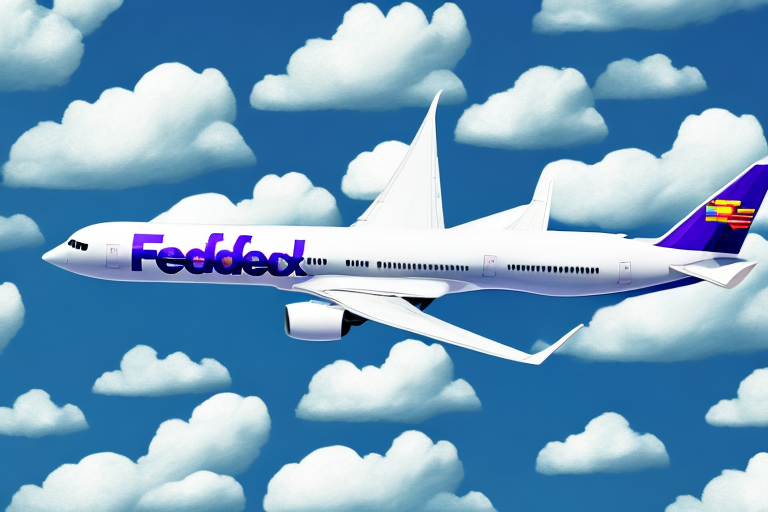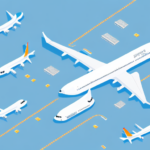Overview of FedEx Pilot Compensation
Flying for a major airline like FedEx is a dream career for many pilots. FedEx offers not only exposure to advanced flying techniques but also one of the most competitive compensation packages in the aviation industry. Understanding the FedEx pilot pay scale is essential for any pilot aspiring to join the company, as it helps in maximizing earnings and optimizing career progression.
Structure of the FedEx Pilot Pay Scale
Base Salary and Hourly Rates
FedEx pilots receive a base salary that includes hourly rates for actual flight time. The hourly rate increases with seniority, experience, and rank. According to the U.S. Bureau of Labor Statistics, the median annual wage for airline pilots was approximately $160,000 in 2022, with FedEx pilots earning significantly above this median.
Monthly Guarantees and Bonuses
In addition to hourly compensation, FedEx pilots are entitled to monthly guarantees. These guarantees provide financial stability, ensuring a steady income irrespective of flight hours. Pilots may also receive performance-based annual bonuses, which can range from several thousand to tens of thousands of dollars based on individual and company performance.
Stock Options and Profit Sharing
FedEx offers a stock option compensation program, allowing pilots to purchase company stock at discounted prices, providing valuable long-term investment opportunities. Additionally, profit-sharing schemes enable pilots to benefit from the company’s financial success.
Factors Influencing FedEx Pilot Salaries
Seniority and Experience
Seniority is a crucial factor in determining a pilot’s salary at FedEx. Pilots with more years of service and greater flight hours earn higher hourly rates and monthly guarantees. Seniority also influences job security and the ability to choose preferred schedules.
Aircraft Type and Command Position
Pilots operating larger aircraft or holding command positions receive higher compensation. For example, captains flying long-haul international flights typically earn more than first officers on domestic routes.
Location and Cost of Living
FedEx pilots based in regions with higher costs of living, such as New York or San Francisco, receive higher hourly rates to offset living expenses. Location-based pay adjustments ensure that pilots are adequately compensated based on their base location.
Overtime and Additional Responsibilities
Pilots who work overtime or take on additional roles, such as training new pilots or serving as instructors, can earn extra compensation. These opportunities allow pilots to increase their earnings beyond their standard pay.
Becoming a FedEx Pilot
Eligibility Requirements
To become a FedEx pilot, applicants must meet stringent requirements, including a minimum number of flight hours, appropriate certifications, and medical clearances. A bachelor’s degree is typically preferred, and advanced qualifications can enhance a candidate’s prospects.
Hiring Process
The hiring process involves submitting an application through the FedEx careers website, followed by aptitude and skills assessments, interviews, and simulator evaluations. Successful candidates demonstrate exceptional flying skills, leadership qualities, and the ability to work under pressure.
Career Progression
Once hired, pilots can advance through ranks from first officer to captain, and eventually to senior roles such as check airmen or flight instructors. Continuous professional development and accumulating flight hours are key to career progression and salary increases.
Comparing FedEx Pilot Pay with Other Airlines
FedEx is renowned for offering some of the highest pilot salaries in the industry. While airlines like Delta Air Lines, UPS, and JetBlue also provide competitive pay, FedEx pilots often earn higher total compensation due to robust bonuses and stock options.
For example, according to Salary.com, Delta Air Lines pilots earn an average of $200,000 annually, which is comparable to FedEx’s pilot salaries. However, the additional benefits and stock options offered by FedEx can make its compensation package more attractive.
Future Trends in FedEx Pilot Compensation
The future of the FedEx pilot pay scale remains promising, with the company continuously expanding its fleet and global operations. As FedEx grows, pilots can expect further enhancements to compensation structures, including increased base salaries, more substantial bonuses, and expanded stock option programs.
Additionally, technological advancements and the introduction of more fuel-efficient aircraft are likely to influence pilot pay, with opportunities for training on new aircraft types potentially leading to higher earnings.
Pros and Cons of Being a FedEx Pilot
- Pros: Highly competitive salaries, comprehensive benefits, financial stability through monthly guarantees, opportunities for bonuses and stock options, and career advancement opportunities.
- Cons: Irregular schedules, long hours away from home, rigorous training and certification requirements, and the demands of operating in a high-stakes logistics environment.
Maximizing Earnings as a FedEx Pilot
Pilots aiming to maximize their earnings at FedEx should focus on accumulating flight hours, pursuing advanced certifications, and taking on additional responsibilities. Demonstrating leadership and excellence can lead to promotions and eligibility for higher-paying roles. Additionally, participating in FedEx’s stock option programs and profit-sharing can significantly enhance overall compensation.
Continuous professional development and staying updated with the latest aviation technologies and regulations are also essential for career growth and increased earnings.




















